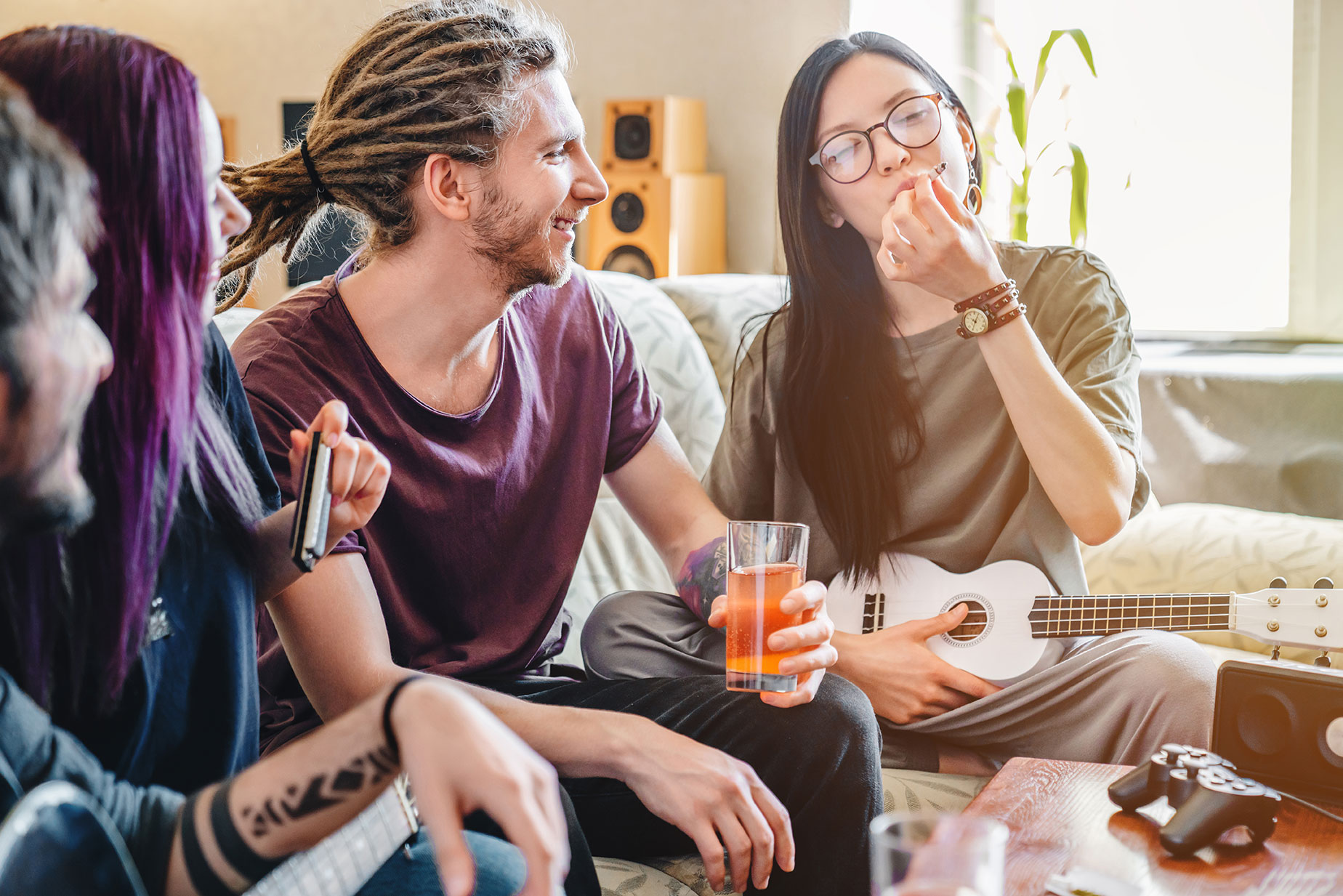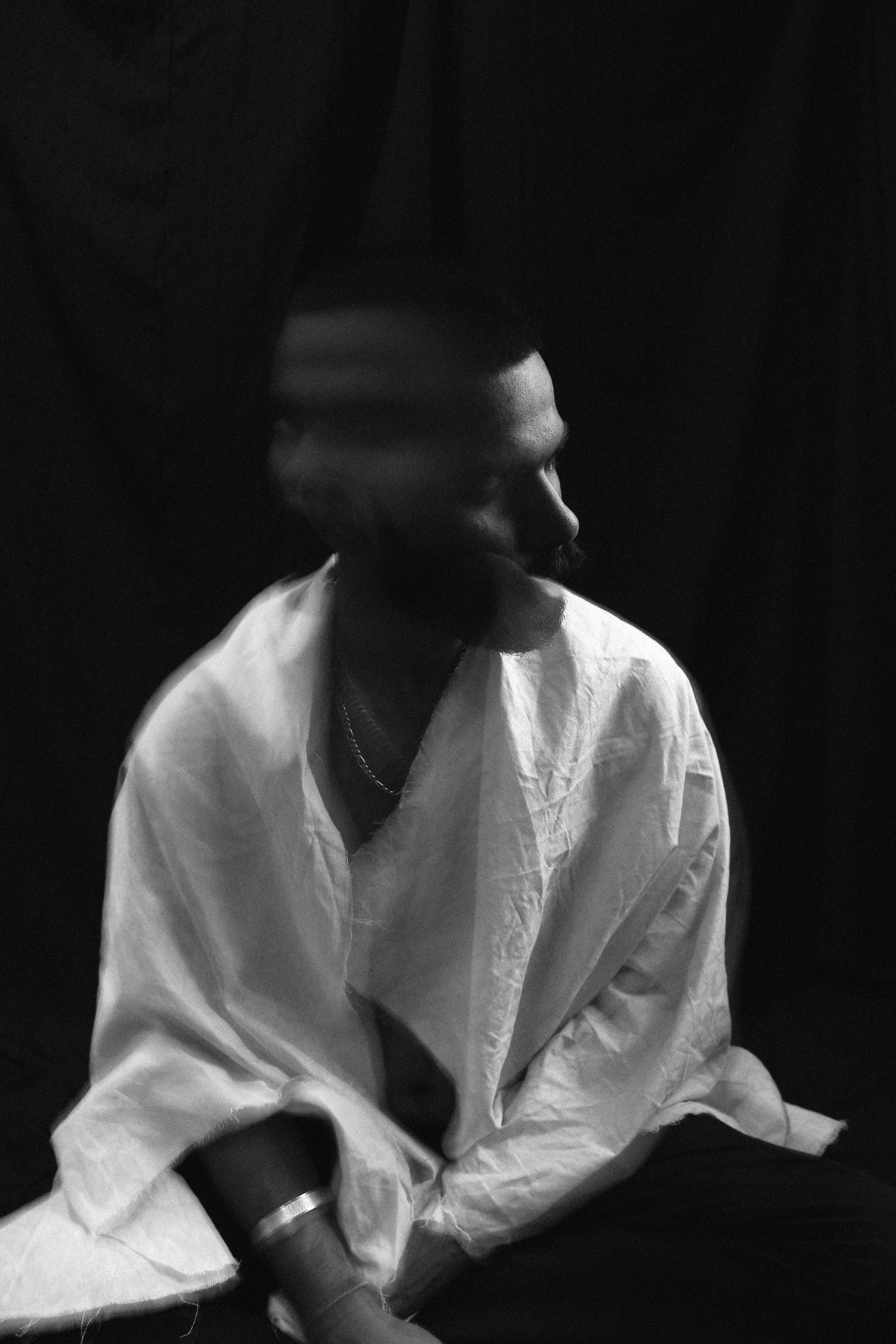Cannabis, also known as marijuana, is a popular and versatile substance that can produce a range of effects depending on how it is consumed and in what amounts. While many people use cannabis to reduce anxiety and promote relaxation, others may find that it actually exacerbates their feelings of anxiety or creates anxiety in the first place. In this essay, we will explore how cannabis can be used to reduce anxiety or create anxiety, and what factors can influence these effects.
Using Cannabis to Reduce Anxiety


One of the most well-known cannabinoids in cannabis is THC (tetrahydrocannabinol), which is responsible for the plant’s psychoactive effects. THC can produce feelings of euphoria and relaxation, and can help to reduce feelings of anxiety in some people.
CBD (cannabidiol) is another cannabinoid found in cannabis, which does not produce psychoactive effects but has been shown to have anti-anxiety properties. CBD can help to reduce feelings of anxiety and promote relaxation, making it a popular choice for those who want to use cannabis for therapeutic purposes.


Using Cannabis to Create Anxiety
While many people find that cannabis can help to reduce anxiety, others may find that it actually creates anxiety or exacerbates existing feelings of anxiety. This is because cannabis can produce a range of effects depending on the individual’s body chemistry, tolerance, and other factors.
One of the most common reasons that cannabis can create anxiety is due to the psychoactive effects of THC. In some people, THC can cause feelings of paranoia, anxiety, or panic, especially if they consume large amounts or have a low tolerance.
Additionally, cannabis can sometimes have unpredictable effects, especially if it is consumed in an unfamiliar setting or with unfamiliar people. This can cause feelings of anxiety or paranoia, as the individual may feel uncomfortable or out of control.
Factors that Influence the Effects of Cannabis on Anxiety
There are several factors that can influence whether cannabis will help to reduce anxiety or create anxiety. These include:
Dosage: Consuming too much cannabis, especially THC, can increase the likelihood of experiencing feelings of anxiety or paranoia. It’s important to start with a low dose and work your way up slowly to avoid taking too much.
Strain: Different strains of cannabis can produce different effects, and some strains may be more likely to produce anxiety than others. Sativa strains, for example, are known for their energizing effects and may be more likely to produce anxiety than indica strains, which are known for their relaxing effects.
Setting: The environment in which cannabis is consumed can have a significant impact on its effects. Consuming cannabis in a safe and familiar environment, such as at home with trusted friends, is less likely to produce anxiety than consuming it in an unfamiliar or uncomfortable setting.
Personal Factors: Each individual’s body chemistry and tolerance to cannabis can influence its effects on anxiety. Some people may be more sensitive to THC or more prone to anxiety in general, while others may have a higher tolerance and be less likely to experience negative effects.
Conclusion
In conclusion, cannabis can be used to reduce anxiety or create anxiety, depending on how it is consumed and in what amounts. While many people find that cannabis can be a natural and effective remedy for anxiety, others may experience negative effects. It’s important to start with a low dose and consume cannabis in a safe and comfortable setting, and to be aware of personal factors that may influence its effects. As with any substance, it’s important to prioritize safety and responsible use when it comes to cannabis.


